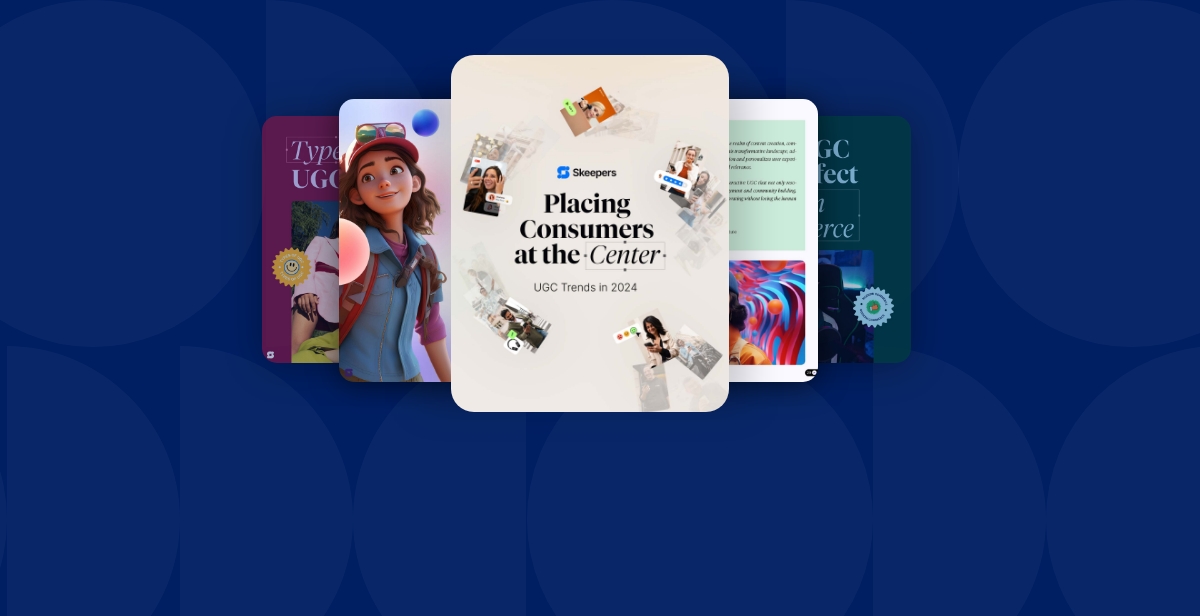Soon, nearly every aspect of our life will be connected to the Internet. Everyday objects, from cell phones to coffee makers, will come with an on/off switch to the Internet. And, as a result, our most commonly used electronic devices will be able to send and receive user data to businesses. According to Gartner, by...
Soon, nearly every aspect of our life will be connected to the Internet. Everyday objects, from cell phones to coffee makers, will come with an on/off switch to the Internet. And, as a result, our most commonly used electronic devices will be able to send and receive user data to businesses.
According to Gartner, by 2020, there will be 26,000 billion non-PC and mobile devices connected to a network, a form of connectivity called the Internet of Things (IOT).
But Gartner’s figure only scratches the surface compared to IDC’s research which foresees a sprawling IOT universe of at least 212 billion devices by 2020. From thermostats to cars and even basketballs, IOT connectivity will be everywhere making it, undoubtedly, the wave of the future. It will change every aspect of our lives, including how businesses attract and keep customers.
IOT and Customer Knowledge
The world where almost everyone and everything is connected via the Internet brings with it endless opportunities for businesses to better listen and respond to the needs of customers.
With IOT connectivity, companies will be able to receive more detailed feedback concerning how customers use devices, especially helpful for companies that do not generally have direct contact with their customers. Companies often receive little information about how customers use their products and when they do, the information is generally anecdotal. However, an IOT-enabled device can give accurate, real-time feedback that is especially nuanced and granular. “The internet of things represents a major data opportunity”, says Nova Spivack, the technology entrepreneur who co-founded the startup incubator that gave birth to Apple’s digital assistant, Siri. “There’s just no other data opportunity that comes close.”
Here are a few of the ways IOT enabled devices will create value for companies, providing insights that can otherwise be difficult to come by:
- Better understand how frequently and intensely consumers use a product.
- Learn how consumers interact with a product so as to make adjustments for improvement or offer complementary products which consumers could find attractive.
- Segment customers more accurately, and develop alternative pricing structures and services to engage different segments.
- Engineer new products with targeted capabilities and features to meet the precise needs of defined segments.
- Improve customer service by offering simpler methods for requesting technical support and improved remote diagnostic capabilities.
The Future is Now
Many companies already capture customer knowledge through a variety of means – feedback surveys, social media interaction, and buying histories to name but a few. But IOT connected devices generate additional customer knowledge, further ensuring a perpetual stream of customer knowledge.
Although IOT is still in its infancy phase, some early adopters are already seeing the benefits. For instance, Black and Decker now offers tools which come with integrated chips allowing for greater communication between customer and company: drills notify the manufacturer when batteries need to be changed and wrenches inform customers when they need to review current settings. Likewise, retailers like Target use in store Beacons to transmit personalized messages to an app on customers’ mobile devices. Customers receive special offers based on shopping frequency and purchase history.
Manufacturers like Black and Decker and Target are maximizing the potential of IOT, understanding how customers use a product or move through a store, when they are most likely to be receptive to an offer, and what offer will be most valuable to the customer. Through IOT, these companies are gathering actionable customer data which enables them to build closer relationships with both larger demographic segments and individual customers. The result is a better overall customer experience.
These companies demonstrate that perhaps no other technology holds the potential to change customer service as we know it as does IOT. The widespread adoption of IOT will take time but for companies to remain competitive. But, in the very near future, they will need to take advantage of the benefits of IOT to engage with customers on a whole new level.








